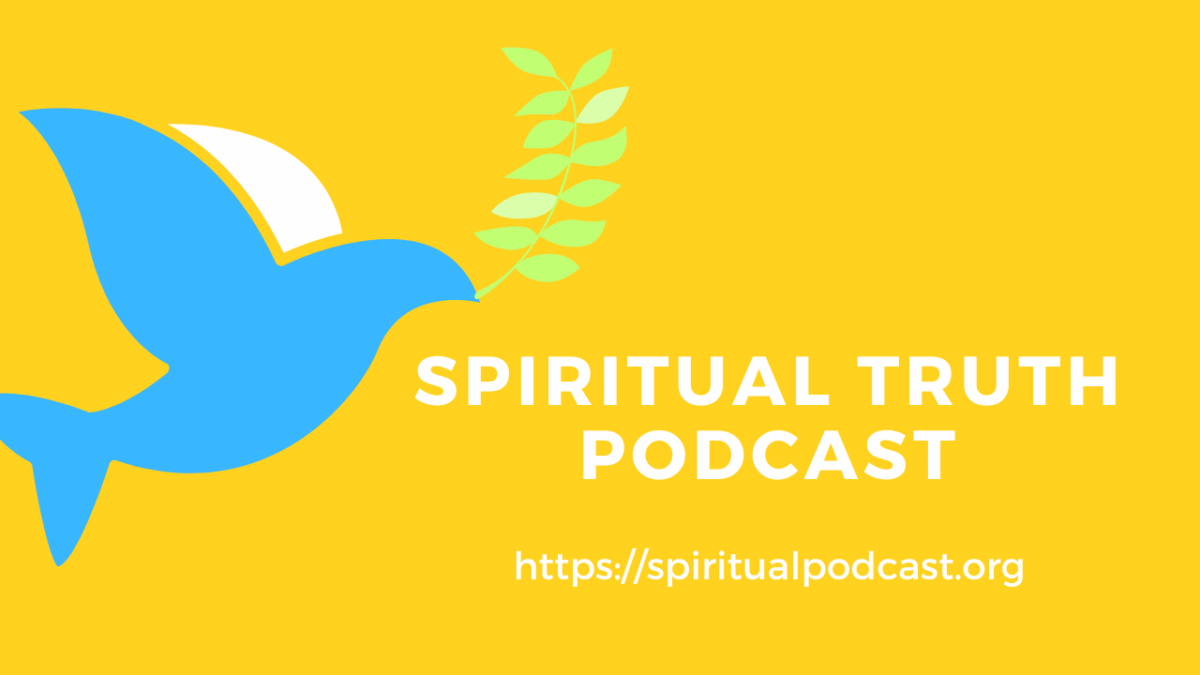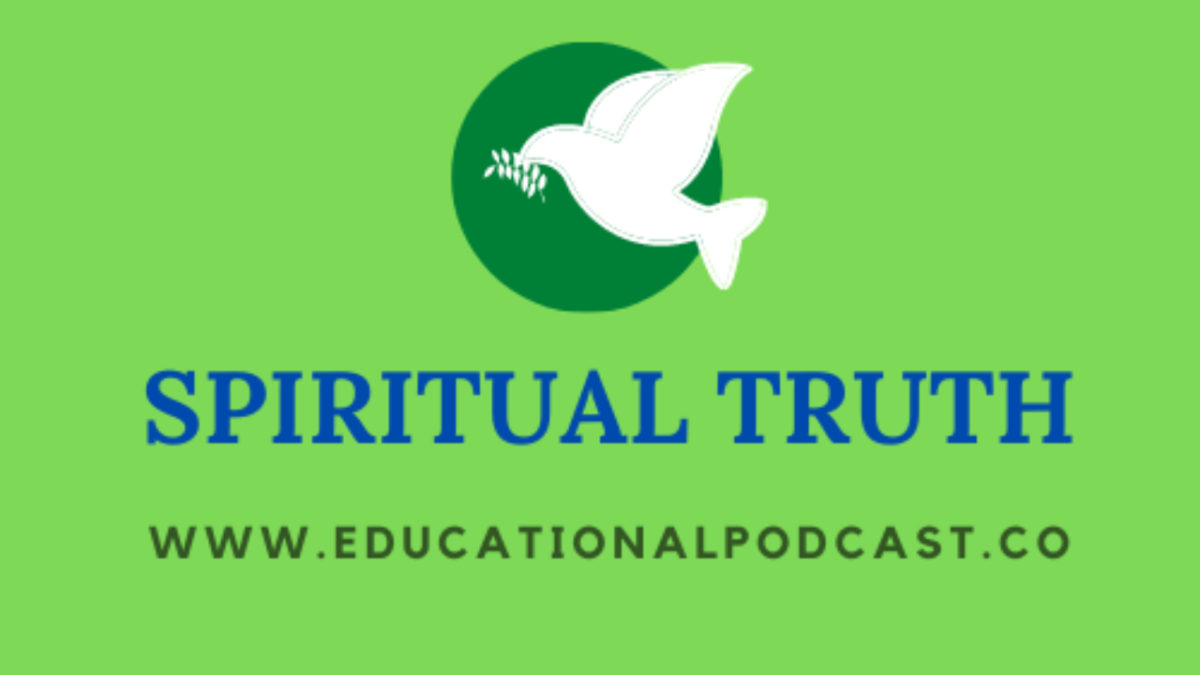Exploring and understanding the Day of Atonement, or yom kippur—A very sacred, true biblical holy day
The Day of Atonement: Yahweh’s Blueprint for Forgiveness
Hello and welcome back to Spiritual Podcast, where we explore and preach the Bible for what it is by letting the Holy Scripture interpret itself. Beloved brothers and sisters in Yahshua, grace and peace be with you!
I want to spend a few moments focusing our hearts and minds on one of the most solemn and profound days in the biblical calendar: Yom Kippur, or the Day of Atonement. This isn’t just a historical footnote from the Old Testament; it is a vital, living truth that illuminates Almighty Yahweh’s magnificent plan for all of humanity.
If you would rather listen to this, just click the play button below. 🙂
Episode is also available to listen free in other Pod Networks below.
What is the Day of Atonement?
The Day of Atonement, described primarily in the book of Leviticus, is the single most sacred day of the year for the ancient Israelites. Yahweh, our Father in heaven, ordained it as a time for a national cleansing and a fresh start.
It’s a Day of Affliction: Yahweh commanded the people to “afflict your souls” (Leviticus 23:27). This meant a 24-hour fast—going without food and water—as a sign of sincere repentance and humility before a holy Elohim. It was a day to get serious about sin.
The Solemn Ritual: On this day alone, the High Priest was permitted to enter the Holy of Holies, the innermost part of the Tabernacle where Yahweh’s presence dwelled. He didn’t enter casually; he went in with the blood of sacrificed animals to make atonement—to cover—the sins of the entire nation and the priesthood itself (Leviticus 16).
Its Significance to Humanity: A Blueprint of Salvation
While the ancient ritual involved animal sacrifices, its true, eternal significance is found in Yahshua the Messiah. The Day of Atonement is a powerful prophetic shadow of what Messiah accomplished and will yet accomplish.
Yahshua is Our Ultimate High Priest: The earthly High Priest had to offer a sacrifice every year, and he had to offer it for his own sins first. But the book of Hebrews teaches us that Yahshua, our High Priest, is perfect, holy, and set apart. He did not enter a temporary, man-made temple; He entered into the presence of Yahweh in the heavenly Holy of Holies (Hebrews 9:24).
He is the Perfect Sacrifice: The animals offered year after year could only cover sins temporarily. Yahshua offered His own perfect, sinless life once and for all. His single sacrifice has the power to not just cover sin, but to fully cleanse us from it (Hebrews 9:12).
A Global Atonement is Coming: The Day of Atonement foreshadows a time when Yahshua’s work of forgiveness will be fully applied to all people who humble themselves and repent. It points to a future time when reconciliation between Yahweh and humanity will be complete, ushering in an era of true peace and righteousness on Earth.
Key Takeaways for Us Today
So, what does this mean for you and me right now?
Embrace Humility: The command to “afflict your souls” reminds us that true repentance requires humility. We must genuinely acknowledge our need for Yahweh’s forgiveness and confess our failings. Fasting, or other acts of deep self-denial, can be a powerful way to focus our hearts on Elohim, removing worldly distractions.
Trust in Messiah’s Work: Never doubt the completeness of Yahshua’s sacrifice. We don’t have to keep sacrificing or trying to “earn” our way in. Because of His atonement, we can have bold access to the throne of grace (Hebrews 4:16).
Seek Reconciliation: Atonement means “at-one-ment”—being made one with Elohim. If we have been reconciled to Yahweh, we must actively seek reconciliation with our neighbors, our family, and our community. Our prayer should be, “Master, help me be a reflection of the unity and forgiveness I have received from You.”
Closing Challenge
Here’s my challenge for you this week: Spend some time reflecting on what it means to be truly forgiven. Not partially. Not conditionally. But completely. Let that reality sink into the deepest parts of your soul.
And if you’ve been carrying guilt, shame, or the weight of past failures—today is your Day of Atonement. Lay it down. Confess it to the One who already carried it at the stake. Let Yahshua be your scapegoat. Let Him take it so far away that you never have to touch it again.
Friends, this is the Gospel. This is the heart of everything we believe. Yahweh made a way when there was no way. He provided atonement when we desperately needed it.
The Day of Atonement reveals an Elohim who doesn’t just want to punish sin; He wants to reconcile sinners! He designed a meticulous, dramatic object lesson so that humanity would know, without a doubt, that a way back to fellowship with Him has been established.
My friends, may we take the lesson of the Day of Atonement, or Yom Kippur, to heart. May we pause, reflect, confess our shortcomings, and most importantly, stand in awe of the perfect and complete atonement found only in our Master, Savior, and King, Yahshua. He didn’t just cover our sin; He carried it away.
Thanks for listening today. How does understanding the Day of Atonement change your perspective on what Yahshua did for you?
Friends, if you’d like to continue this conversation or share your thoughts on this topic, leave a comment below or reach out to me directly. You are also welcome to listen to our previous podcast episodes on this website and visit our sister website by clicking here to read and learn more genuine truths from the Bible.
Until next time, walk in the freedom of complete forgiveness. You’ve been atoned for. You’ve been set free. Live like it.
Brethren, before I go, let me pray this prayer for you: May Yahweh bless you and keep you; may Yahweh make His face shine upon you and be gracious to you; may Yahweh lift up His countenance upon you and give you peace. I humbly pray all these things to Yahweh through Yahshua the Messiah, our Master and coming King, amen. Kindly keep praying for the shalom of Israel. Take care. Halleluyah!


